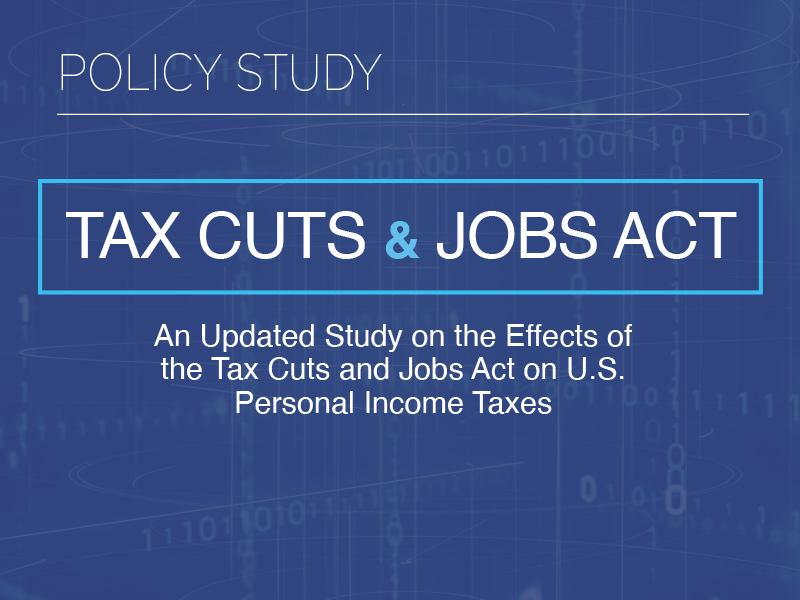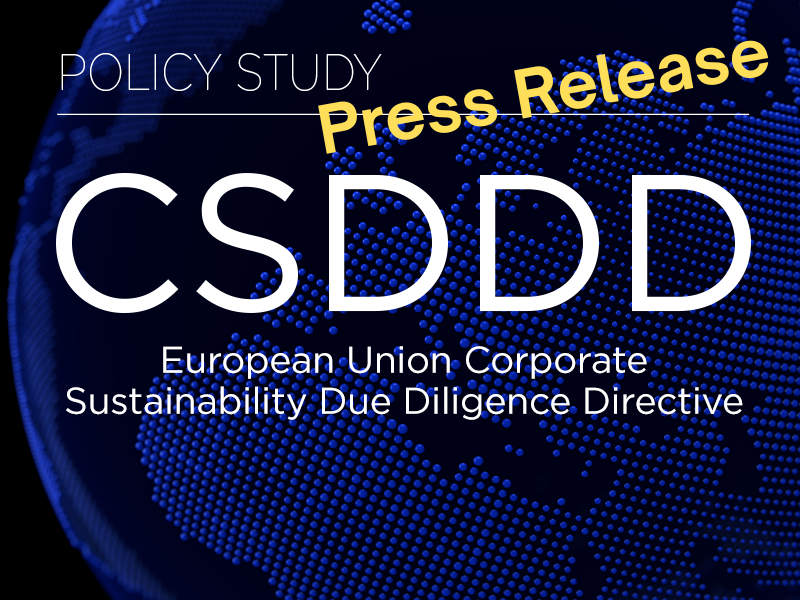The New York City Council has passed a measure requiring city residents to recycle electronic equipment in lieu of sending it to a landfill.
Citizens caught violating the new law, signed by Mayor Michael Bloomberg on April 1, will face a $100 fine per violation.
A provision requiring manufacturers of electronic equipment to take the material from consumers free of charge was stripped from the bill under threat of veto by the mayor, who called the provision a burden on manufacturers.
The new requirement will go into effect in 2012.
Authority Questioned
Consumer rights advocates are concerned the city has implemented a mandate coupled to a fine without clear authority to do so.
“The city is attempting to force manufacturers to recycle electronics, which it has no authority to do,” said Jim Lesczynski, media relations director for the Manhattan Libertarian Party.
New York City “is refusing to [implement] curbside electronics recycling for residents,” Lesczynski said, even though the city’s Department of Sanitation has a monopoly on waste removal within the city.
“In a free market, some private sanitation companies may also refuse to pick up electronics, but competitors would surely step in to provide a needed service,” Lesczynski said.
Lesczynski said such a market-based solution in the New York proposal is currently out of the question because the city “actually [makes] it illegal to ‘steal’ garbage set out for recycling.”
Businesses Provide Hope
In other states, companies have opened specifically to address the growing demand for electronics recycling.
Jakup Jakubik, director for the ELMARS Corp., a firm in San Francisco (where no such New York-style mandate currently exists) dedicated to recycling of electronic waste, says electronics recycling makes good sense.
“Computers and electronics are manufactured using a wide range of materials that are easy to reprocess and reuse,” Jakubik said.
Jakubik said of consumers, “Being fined by the government isn’t even a consideration for their actions, in most cases. Most of our customers are just trying to do the right thing.”
Looking to the future, Jakubik says, private solutions will arise if the market is allowed to function. “Things labeled ‘green’,” said Jakubik “are beginning to look more appealing, but how easily can they be rendered?”
James J. Griffin ([email protected]) writes from San Diego, California.



